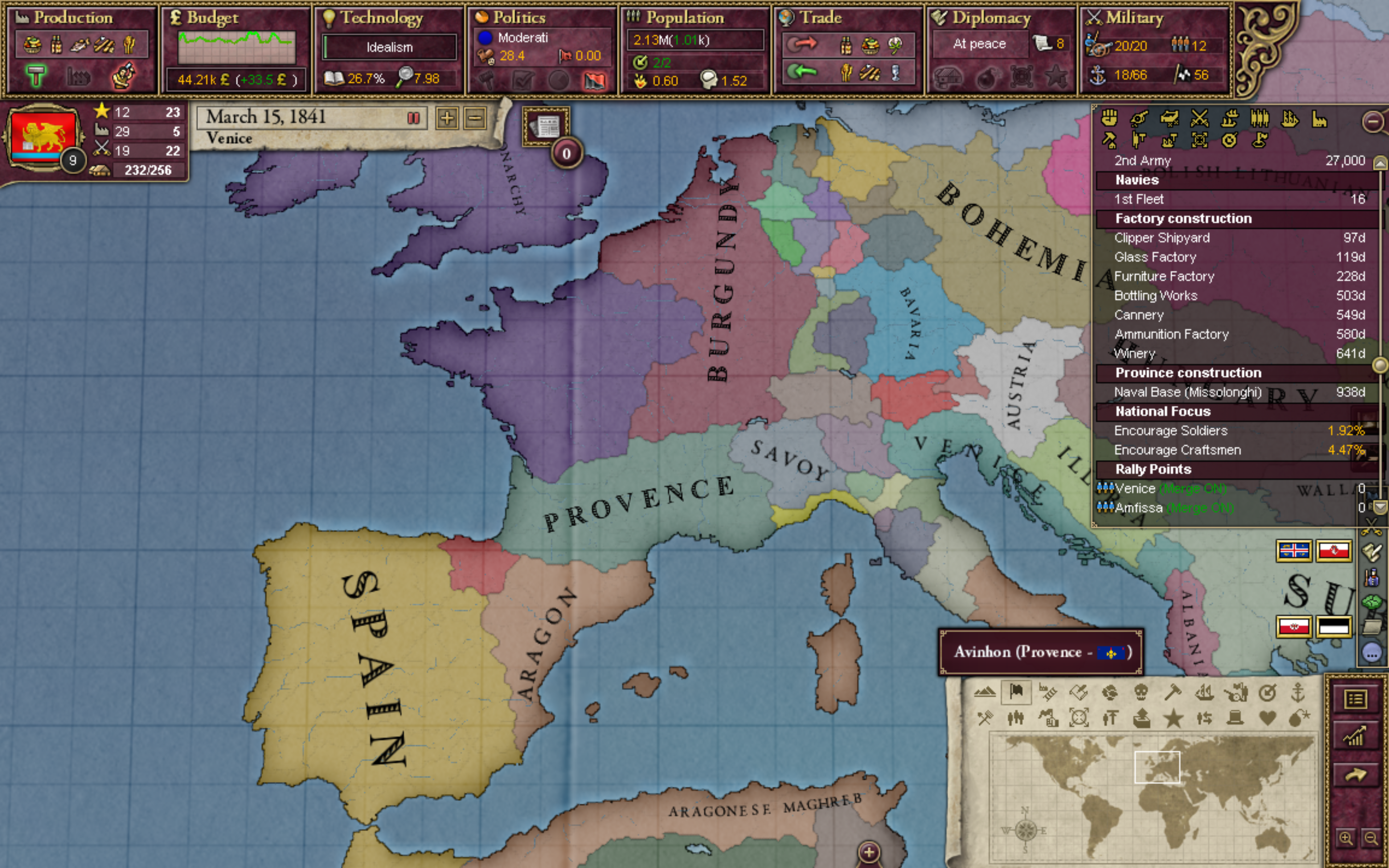
If the war leader is vassalized (by event or force) the new overlord will become the new war leader and can call their allies with the same caveat about calling allies to long wars. The new war leader can call their own allies into the war if the war has not lasted long enough to close the window for calling allies to it. When a war leader is annexed in a separate war, one of their allies will become the new war leader.

They may surrender territory of their war allies, but not their treasury. They may negotiate a separate peace with each of the hostile belligerents, except subject nations or coalition members. For each side in a war the leader is the country that may call in its allies and may negotiate peace on behalf of all their war allies, simultaneously ending the war for everybody. The war leader on the attacking side is the country that declared the war, while on the defending side the leader is the country on which the war was declared (the target of the war goal). The war leaders are denoted with a star in the war screen. A side may be made up of a coalition, the emperor, allies or the defender of the Faith who honour their treaties and/or vassals and other subject countries. It was last verified for version 1.24.Ī war consists of two opposing sides of one or more countries.

Please help with verifying or updating this section. But in this case the allies of the co-belligerent will be called. If a free city or an HRE member is marked as a co-belligerent neither the Emperor nor the Emperor's allies will be called in. A similar loophole also applies in the HRE. Note: If a nation is marked as a co-belligerent, but are also a tributary of another nation, neither the tributary overlord, nor the co-belligerent's allies will be called in. Taking that country's provinces will cost the same as the war leader's provinces.If that country has a guarantor, it is also called to war.That country can call on its own allies to fight as well.If a country is marked as a co-belligerent: Taking that country's provinces in a peace incurs +50% aggressive expansion and costs +100% warscore.

Beware that the Holy Roman Emperor defending the empire is always a co-belligerent. That country can't call its allies to arms in that war (but its subjects are called as normal).If a country is not marked as a co-belligerent: If opinion is higher than 150, penalty increases to -2 stability and +2 war exhaustion. These penalties are halved with full Diplomatic ideas.Ī country declaring war on another whose opinion of them is higher than 100 will cause -1 stability and +1 war exhaustion. Declaring War with a Casus belli No casus belli ĭeclaring war without a casus belli will result in -20 aggressive expansion, a -2 drop in stability, and +2 war exhaustion.


 0 kommentar(er)
0 kommentar(er)
